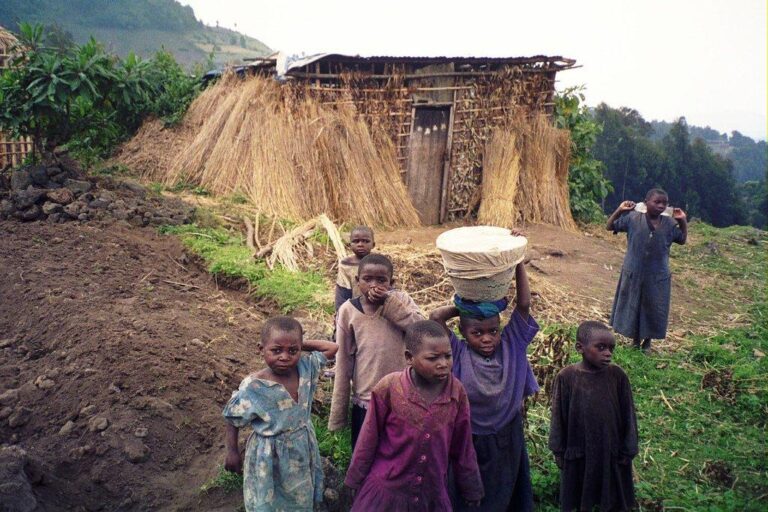Everything You Need To Know About Poverty in Rwanda
Poverty remains a significant challenge in Rwanda, impacting millions of lives across the country. Despite remarkable progress since the 1994 genocide, the struggle against poverty continues. To understand poverty in Rwanda, it’s essential to explore its causes, effects, and the measures being taken to address it.
Understanding the Causes of Poverty
The roots of poverty in Rwanda are deeply intertwined with historical, social, and economic factors. Factors such as the genocide, lack of access to education, and limited economic opportunities have perpetuated the cycle of poverty. Many Rwandans live in rural areas and rely on subsistence agriculture, which often leads to low income and food insecurity.
The Socioeconomic Context
Rwanda’s economy has shown significant growth over the past two decades, yet poverty levels remain high, particularly in rural regions. Approximately 38% of the population lives below the national poverty line, according to the latest statistics. This disparity highlights the need for targeted efforts to lift people out of poverty and improve their living conditions.
Impact of Poverty on Society
Poverty exacerbates many issues, including health care access, education quality, and gender inequality. Children growing up in impoverished households often face barriers to education, limiting their future opportunities. Moreover, women disproportionately bear the burden of poverty, which affects their empowerment and participation in the economy.
Government Initiatives to Combat Poverty
The Rwandan government has implemented various strategies to address poverty and improve living standards. Initiatives like the Vision 2020 development plan aim to reduce poverty and promote economic growth. These efforts focus on enhancing agricultural productivity, creating jobs, and providing access to essential services.
Role of International Organizations
Numerous international organizations are active in Rwanda, working towards poverty alleviation. Partnerships between the Rwandan government and these organizations are crucial in creating sustainable development projects. For more information on the challenges and efforts surrounding poverty in Rwanda, you can visit this resource.
The Path Forward
While Rwanda has made significant strides in tackling poverty, more work is needed to ensure equitable growth. Continued investment in education, healthcare, and infrastructure is vital for breaking the cycle of poverty. Collaborative efforts between the government, NGOs, and the international community will be essential in paving the way to a more prosperous future for all Rwandans.

